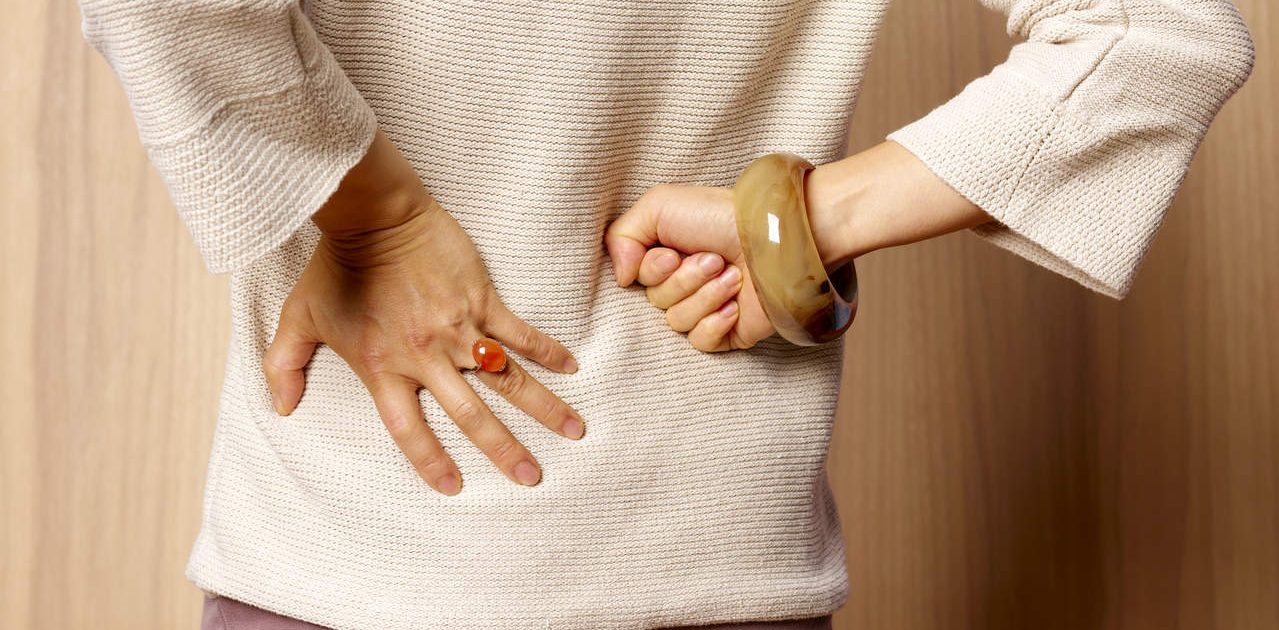
Kidney stones is a condition which has become much more prevalent in recent times. A New York Times article by Laurie Tarkan on October 28, 2008, cites that urologists in some parts of the USA are reporting a noticeable increase in kidney stones, especially in women and children. Recent statistics reported that 12% of men and 7% of women get kidney stones at some time in their life. These statistics also suggested that the percentage of women with kidney stones was higher than reported.
Kidney and urinary stones are created when minerals in the body combine with other substances and accumulate in the small ducts and tissues of the organ “eventually forming a thick sludge then stones.” Many times, these stones have no symptoms and pass through the ureter unnoticed.
The problem comes when the stones cannot be passed into the urine. Some reasons for the inability of the stones to be passed are: size, inflammation, and scarring of the ducts, hardness, and sharpness of the stones.
An excess of certain chemicals in the body which are unable to be broken down completely along with poor diet, inadequate fluid ingestion, metabolic deficiencies, genetic predisposition, obesity, and chronic inflammation play a role in the formation of kidney stones. The most important factors though are healthy liver and kidney function, regulation of acidity or alkalinity, hormonal regulation of the body’s minerals and the health of the large intestine.
There are many different types of kidney stones, so it is vital to have a comprehensive, individualized approach to preventing and healing them. Finding the right healthcare practitioners is of utmost importance in treating this painful and at times debilitating condition.
“It is estimated that 350,000 Americans visit the emergency room each year to deal with kidney stones.” Most of these stones are made up of calcium oxalate.
Last week I spoke of some of the causative factors for kidney stones. There are four types of stones and myriad causative factors and predispositions creating them. The four types of stones are:
- calcium stones– These are the most common and account for ¾ of all kidney stones. They are composed of calcium oxalate.
- uric acid stones-These are found in gout and genetic disorders. They are caused by faulty protein metabolism.
- Struvite stones– These are found in women with frequent urinary tract infections.
- Cystine stones– The least frequent type, they are caused by a genetic disorder.
Traditional Chinese Medicine takes into consideration a person’s lifestyle, diet and constitution when treating any medical condition. Finding the causative factors is key in effective treatment and each person is unique. The treatment goal will be to dissolve the hard masses, drain dampness/congestion and promote the free flow of energy(chi).
Current dietary recommendations include;
1) Reduce high oxalate foods in your diet. Some of these foods include:
- Almonds
- Beets
- Black beans
- Black tea
- Carrots
- Cannellini beans
- Chocolate
- Cornmeal
- Eggs
- Eggplant
- Potato chips
- Peanuts
2) Reduce your sugar intake. Sugar causes the body to excrete calcium.
3) Limit your consumption of alcohol. Alcohol creates heat in the body which add to the toxicity and accumulation of wastes.
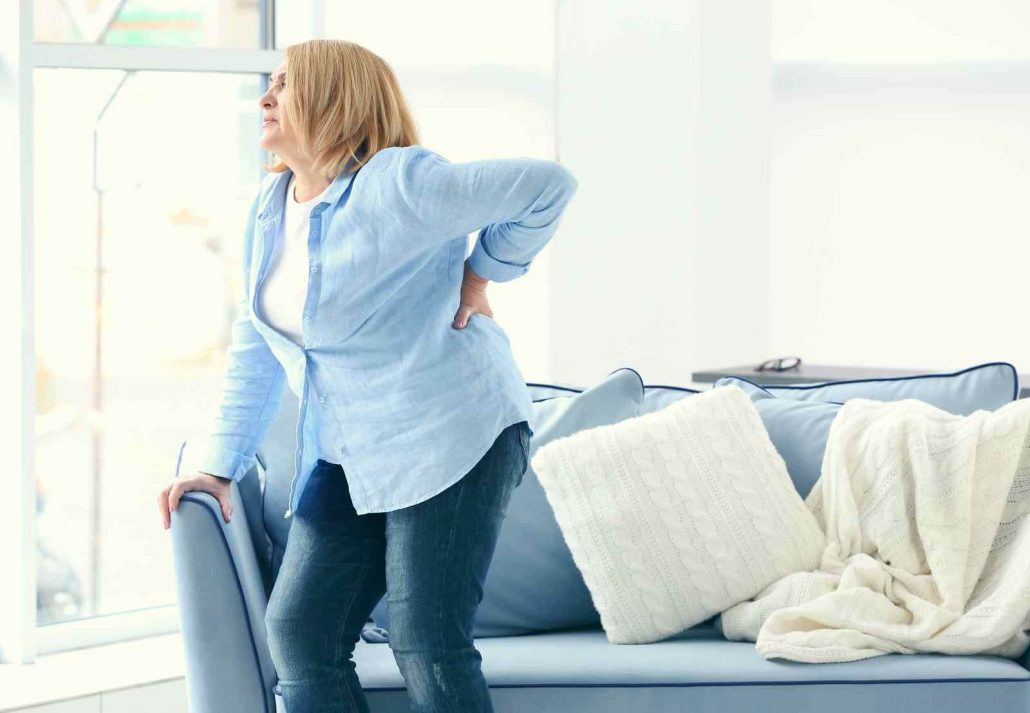
It is recommended to keep your diet at 40-50 mg of oxalate a day or less for prevention of stones.
- Limit consumption of carbonated drinks– i.e. soda, seltzer. The bubbles are very acidic and if you are creating stones your body is too acidic.
- Reduce animal protein consumption– rich foods are part of the problem. Recommended -3-5oz, 3-5x a week of clean, lean meat
- Reduce consumption of eggs– they are rich and can promote dampness if eaten too often.
- Avoid processed and refined foods– cold cuts and hot dogs contain too many chemicals that will overburden the system.
- Reduce dairy, it creates phlegm
You’re probably wondering what to eat at this point. It will depend on the type of kidney stones that are being produced but here is a list of things you can do:
- Increase water consumption to about 2 liters a day, if athletic you may need more
- Increase calcium-magnesium ratio foods; avocado, banana, bran, brown rice, dark chocolate, lima beans, oats, potatoes, barley, coconut, cashews, rye, sesame seeds, soy
- Get your calcium from sources other than dairy, such as kelp or broccoli
- Add B6, magnesium, cranberries- very beneficial
- Add foods that dissolve hard masses; crab, agar, kelp, miso, nettles, octopus, spirulina, tofu, wheat grass
- Choose low oxalate foods; alfalfa sprouts, cauliflower, chives, cherries, boiled asparagus, chestnuts, cucumber to name a few
The most important is to be followed by a medical professional. Acupuncturists will treat someone with just oxalate stones differently than someone with oxalate and uric acid stones or someone with kidney stones and high blood pressure.
For more information refer to:
www.aprilcrowell.com/Treating Kidney Stones with Asian Medicine
and
acupunctureintegrated.com – kidney stone prevention
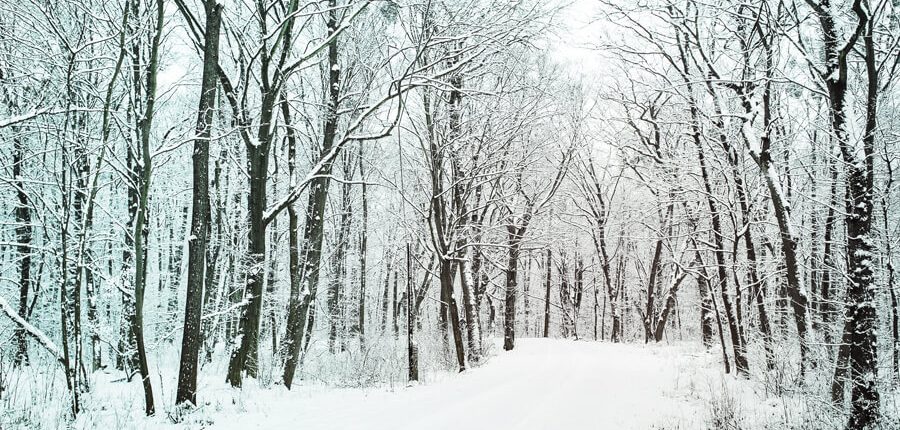 The ancient Chinese believed that living in harmony with the seasons of nature could prevent disease and promote health. Winter is the most yin season when the flow of energy is cold, damp, slow and inward. The days are shorter, and darkness comes early.
The ancient Chinese believed that living in harmony with the seasons of nature could prevent disease and promote health. Winter is the most yin season when the flow of energy is cold, damp, slow and inward. The days are shorter, and darkness comes early.


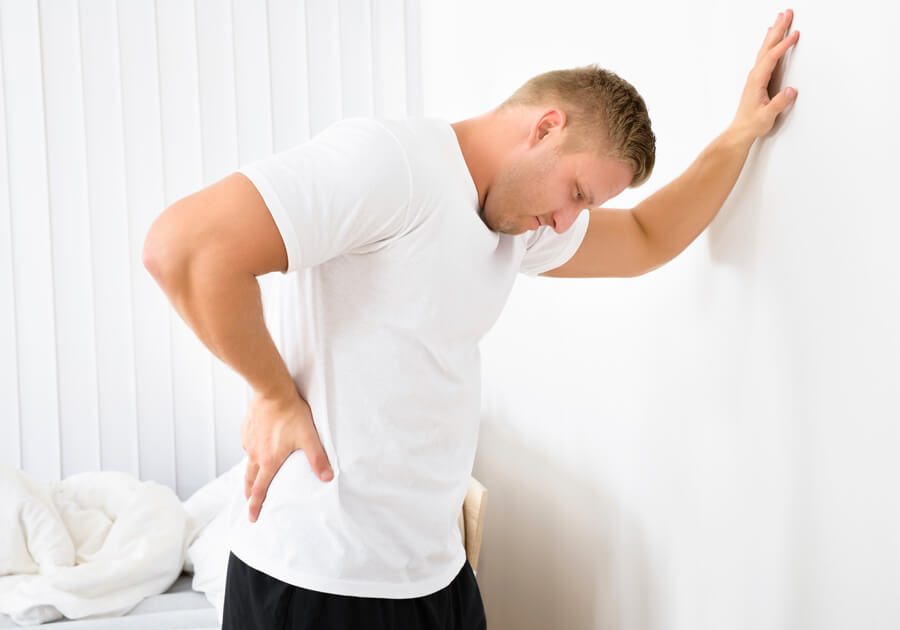 Sciatica is a painful condition which begins in the lower back and radiates down one or both legs sometimes into the feet. It is caused by pressure on the sciatic nerve which extends from the lower back down the back of the leg.
Sciatica is a painful condition which begins in the lower back and radiates down one or both legs sometimes into the feet. It is caused by pressure on the sciatic nerve which extends from the lower back down the back of the leg. Last week I spoke about the effectiveness of Chinese Medicine when treating anxiety.
Last week I spoke about the effectiveness of Chinese Medicine when treating anxiety. Anxiety and depression are mood disorders that are extremely common in our present society. The symptoms of anxiety can range from mild discomfort to debilitating fear. Doctors will prescribe an array of medications to treat anxiety and depression but many of these meds have undesirable side effects.
Anxiety and depression are mood disorders that are extremely common in our present society. The symptoms of anxiety can range from mild discomfort to debilitating fear. Doctors will prescribe an array of medications to treat anxiety and depression but many of these meds have undesirable side effects.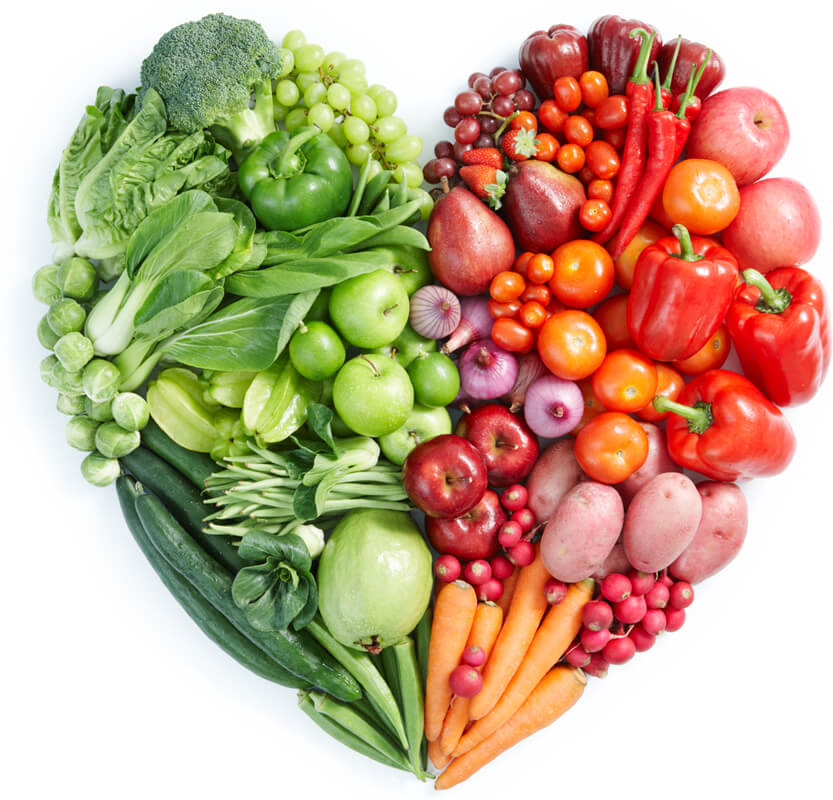 The ancient Chinese believed that to be healthy we should align our energies with those of the current season. Indian Summer (late August till September) is harvest time in nature when there is great abundance. It is a time to gather and distribute the bounty of the earth.
The ancient Chinese believed that to be healthy we should align our energies with those of the current season. Indian Summer (late August till September) is harvest time in nature when there is great abundance. It is a time to gather and distribute the bounty of the earth. The weather in late summer is usually hotter and heavier with humidity than the rest of the season. Dampness is associated with the earth element which is most active this time of year. Late summer is a time for slowing down and gathering in. The earth element gives us the ability to nourish and care for ourselves.
The weather in late summer is usually hotter and heavier with humidity than the rest of the season. Dampness is associated with the earth element which is most active this time of year. Late summer is a time for slowing down and gathering in. The earth element gives us the ability to nourish and care for ourselves.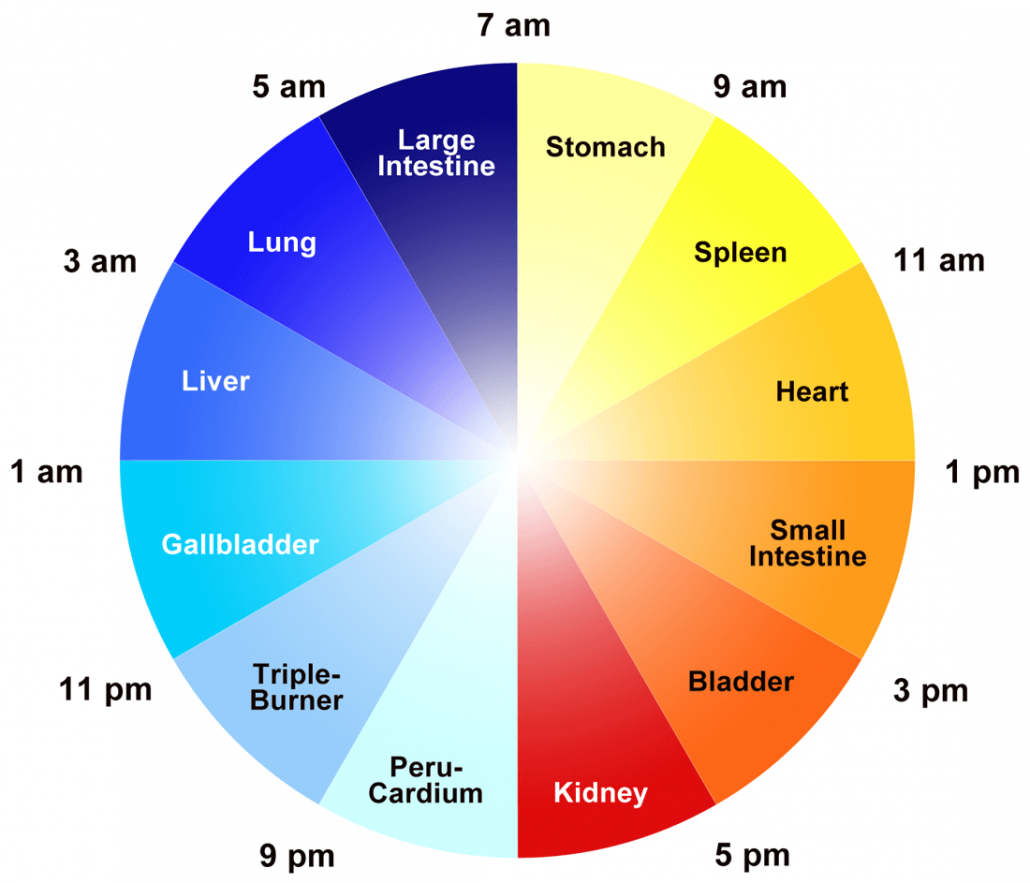
 The sciatic nerve originates from the lower spine and goes down the side of the leg to the foot. When inflamed or compressed it sends intense pain down the buttocks to the back of the leg and foot. It can also cause numbness or tingling and difficulty walking or standing.
The sciatic nerve originates from the lower spine and goes down the side of the leg to the foot. When inflamed or compressed it sends intense pain down the buttocks to the back of the leg and foot. It can also cause numbness or tingling and difficulty walking or standing. The winter solstice is fast approaching and with it the beginning of the winter season. In nature, the trees and plants have pulled their energy back into their roots to survive the colder weather. The season of winter in nature is cold, damp, and inactive. The ancient Chinese believed that in order to stay healthy humans should live in harmony with their natural surroundings. The cold and shorter days of winter signal us to slow down, reflect on our health, conserve our strength and replenish our energy.
The winter solstice is fast approaching and with it the beginning of the winter season. In nature, the trees and plants have pulled their energy back into their roots to survive the colder weather. The season of winter in nature is cold, damp, and inactive. The ancient Chinese believed that in order to stay healthy humans should live in harmony with their natural surroundings. The cold and shorter days of winter signal us to slow down, reflect on our health, conserve our strength and replenish our energy.